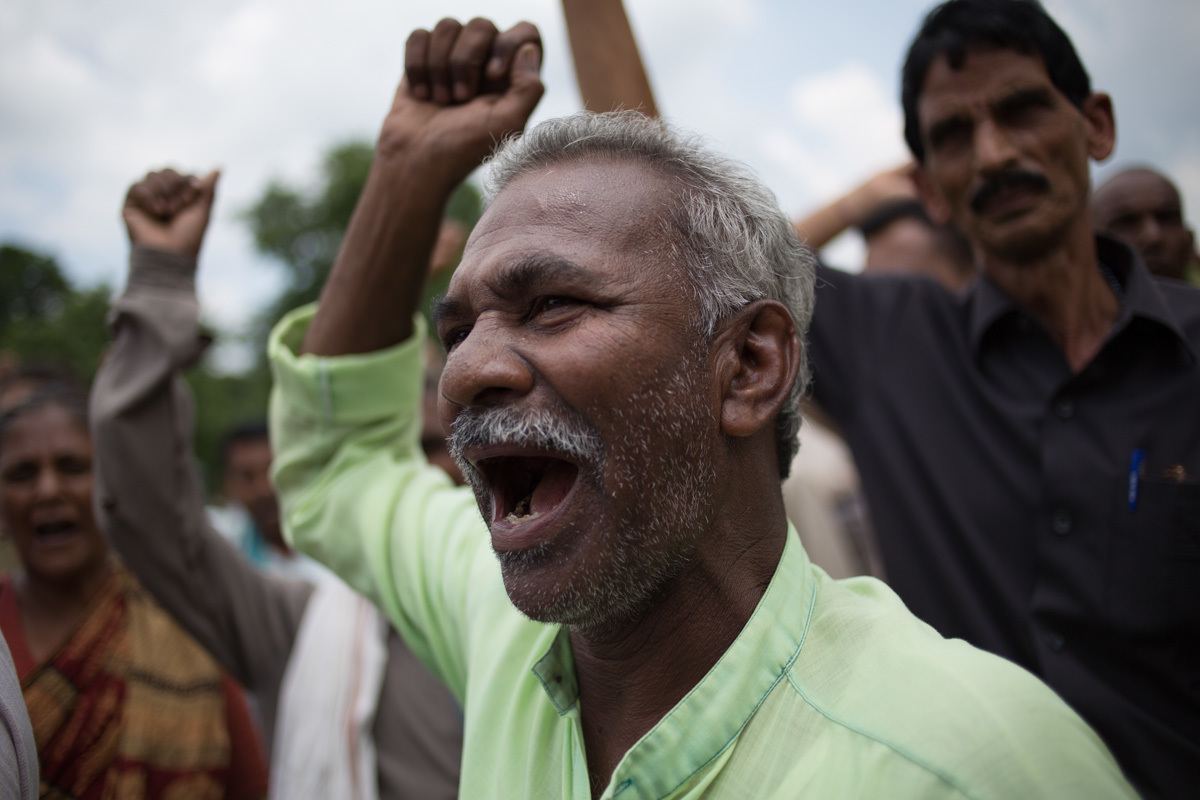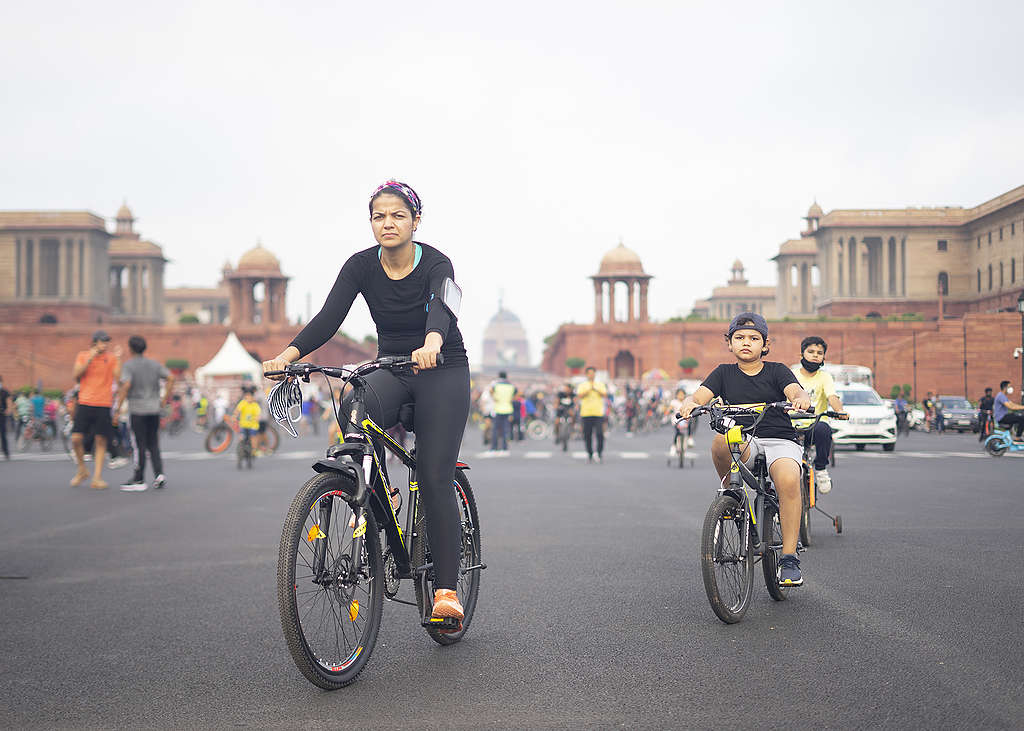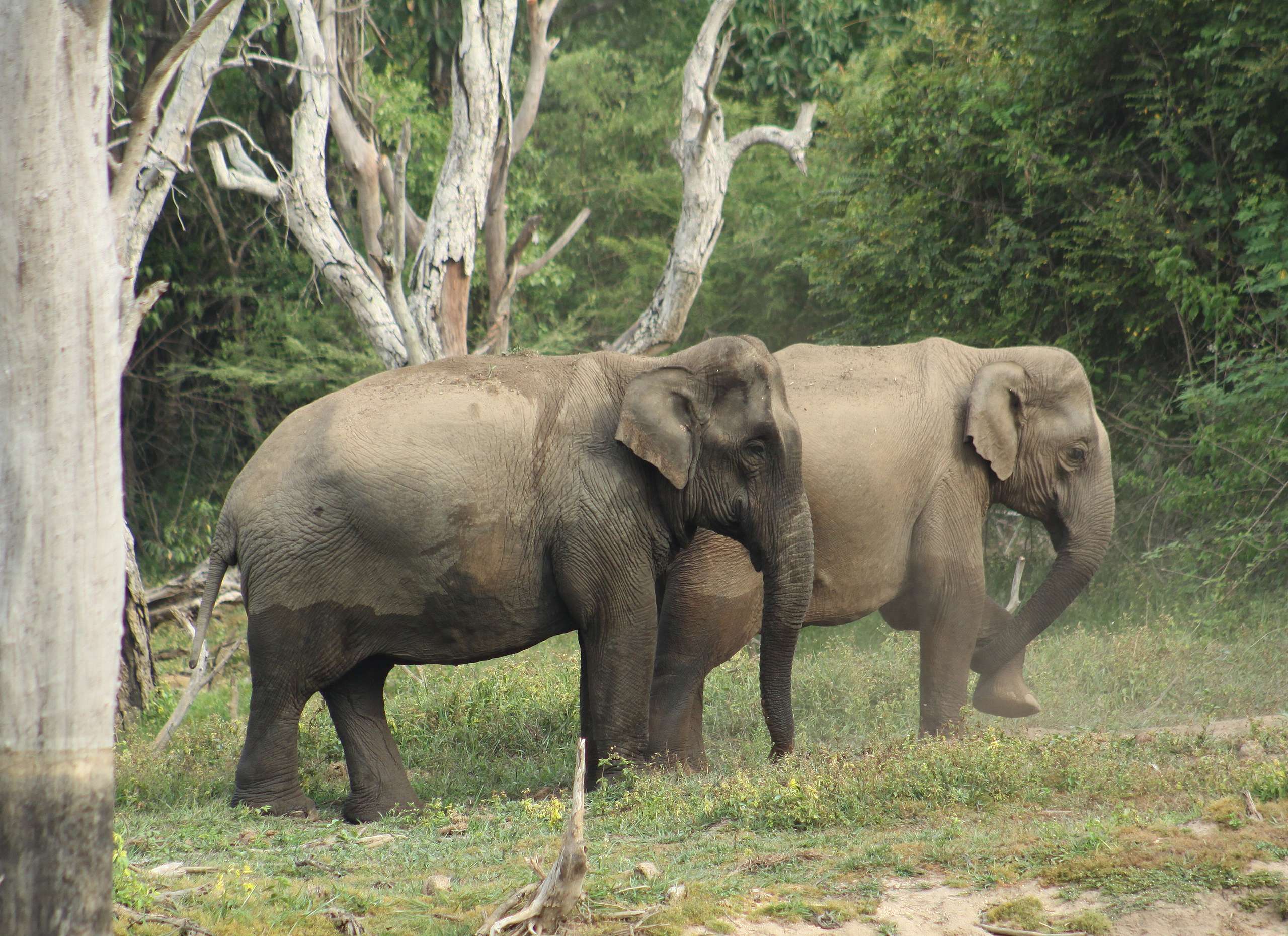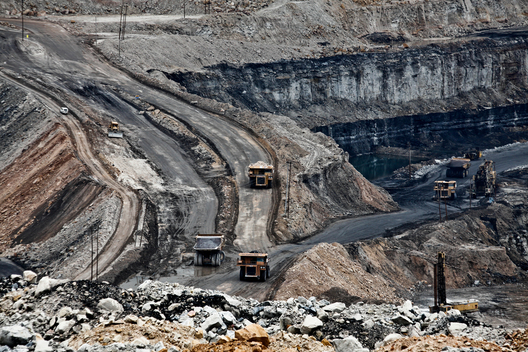Each and every one of us has this innate need to be heard. And as a result, get a response. Aren’t these the only two things that make our human journey worthwhile? Of course!

MSS public meeting at Amelia. People from eleven villages around the Mahan forest area hold a rally – Van Adhikar Sammelan – to tell Essar Power they won’t allow coal mining in their forests, just as the inhabitants of Niyamgiri have stopped Vedanta from taking over their forests for mining.
Well, it’s no news to any of us that the milieu of human connections got stronger after mobile phones came into existence. And tapping into this amazing pool of fluid connection is Radio Sangharsh – a recent initiative by Greenpeace that allows villagers in Singrauli, Madhya Pradesh to raise issues that directly affect their lives using their mobile phones.
As a result, the urban populace can hear their stories without any embellishments and hear the truth about the struggles of this community of people, living in Madhya Pradesh.
All one has to do is dial +91-9902915604. The call disconnects automatically and the person gets a call from the server with voice-enabled instructions with two options – ‘press 1 to record your own story, press 2 to listen to what others said’. The recorded messages/ stories are selected by a moderator. The chosen ones can be heard by calling the given number and pressing 1. In addition, they are posted on www.radiosangharsh.org.
Launched in July 2013, Radio Sangharsh is a practical tool set up by Greenpeace, with help from CGNetSwara, which allows unknown voices to become voices of the entire nation.
Explains Vivek Goyal, Moderator, Radio Sangharsh, “A total of 3,545 calls were made to listen to the stories, which makes it an average of 34 listeners per day. This number is very encouraging considering the fact that we started only in the third week of July. Even the number of unique callers (619) is pretty high, as our on-ground reach was mostly to five to seven villages in the first phase.”
Of the total calls recorded, 49.5% of calls were about non-implementation of the Forest Rights Act in the villages. While 32.8% of calls were complaints against bribery, 10.3% of calls complaining about the lack of basic amenities such as, roads, ration card, BPL card, hospital services, schools, water and electricity. Besides this, there were 7.6% calls on displacement.
“The tribal and marginalised sections of the society living in far flung areas have historically been an ignored. Thus, Radio Sangharsh has proved to be a potent communication tool to not only create awareness among the villagers in Mahan, but also has become a tool for proactive policy makers, who can listen to people’s issues – straight from the horse’s mouth,” shares Priya Pillai, senior campaigner, Greenpeace India.
To make a call or hear an unknown voice, visit: www.radiosangharsh.org




